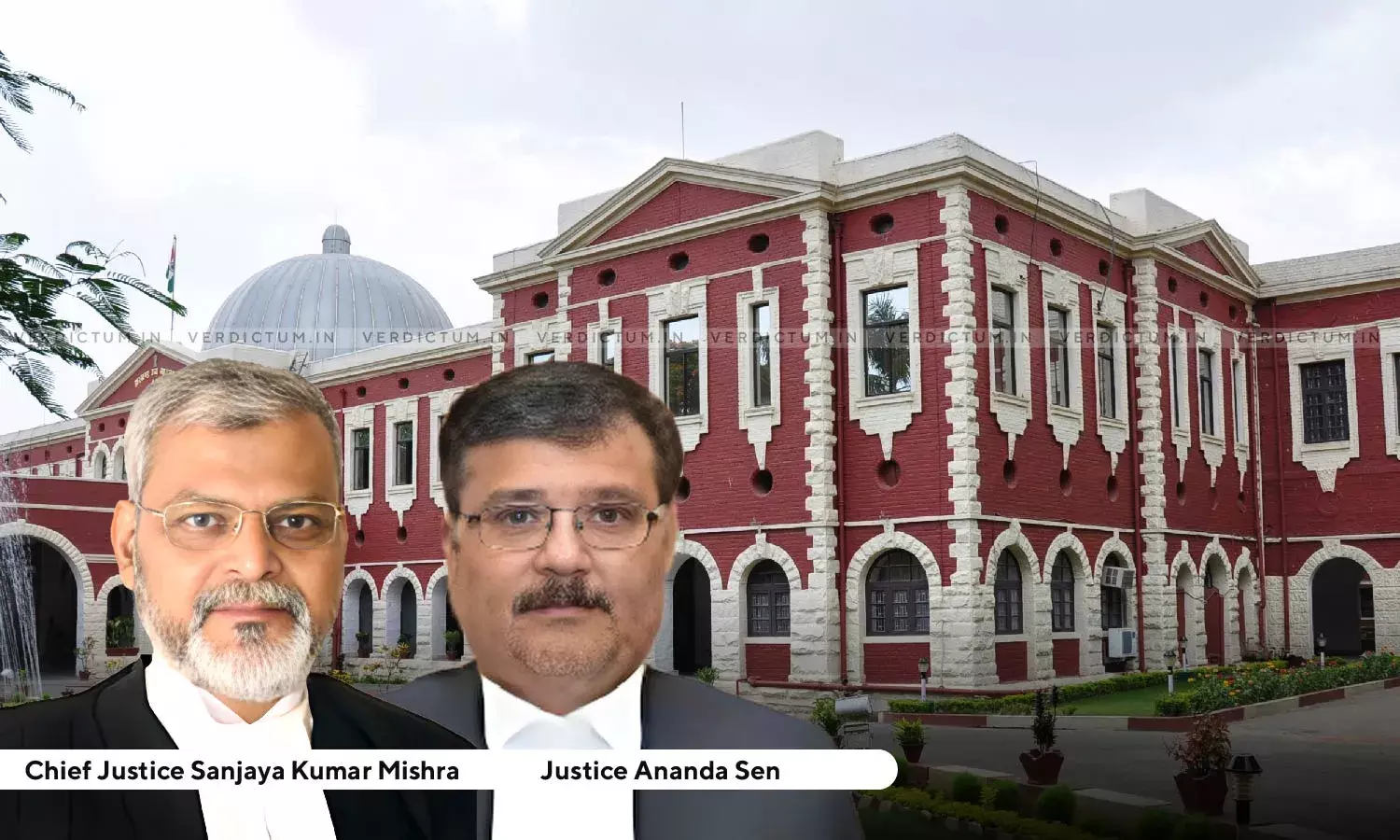Certiorari Jurisdiction Can Be Exercised Only To Correct Error Of Jurisdiction And Not To Reappraise Evidence: Jharkhand HC

The Jharkhand High Court observed that under the writ of certiorari, the court can only adjudicate upon errors of jurisdiction and cannot re-appreciate evidence.
The Court dismissed a Writ Petition challenging the office notice terminating the FSA by the Central Coalfields Limited (CCL).
The Court, in the context of certiorari jurisdiction, emphasized that the substitution of views is impermissible unless the authority's decision is deemed perverse, even in the presence of an alternative view.
“This is a writ of certiorari. The jurisdictional scope of certiorari is limited. While exercising the jurisdiction of certiorari under Article 226 of the Constitution of India, the Court does not sit in an appeal over the order passed by the authority. The jurisdiction is supervisory and not appellate. Evidence cannot be re-appraised. Certiorari jurisdiction can be exercised only to correct the error of jurisdiction”, the Bench headed by Chief Justice Sanjaya Kumar Mishra and comprising Justice Ananda Sen observed.
Senior Advocate Vimal Kirti Singh appeared for the Petitioner and Advocate Amit Kumar Das appeared for the Respondent.
The Petitioner approached the High Court by way of a Writ Petition seeking to quash the office order, reiterating the termination of the Fuel Supply Agreement (FSA) and forfeiture of the security deposit. The Petitioner, engaged in manufacturing Special Smokeless Fuel, emphasized the interest in the refund of the illegally forfeited security deposit and not the revival of the FSA. The case involved allegations by the Income Tax Department regarding the Petitioner's coal processing capacity, resulting in the suspension and subsequent termination of coal supply by Central Coal Fields Limited (CCL).
The Court framed the first issue: “Whether it is mandatory to physically verify the Factory before coming to conclusion as to whether the coal has been diverted or not in terms of Clause 4.4 of FSA?”
The Court rejected the Petitioner's argument that the CCL unlawfully terminated the FSA and forfeited the security deposit without conducting a necessary physical inspection of the factory premises, as stipulated in Clause 4.4 of the FSA.
However, the Court noted the interpretation of statutory language should align with the context in which it is situated. The Court observed that a straightforward reading of Clause 4.4 does not impose a mandatory requirement for physically inspecting the factory. The clause offers alternative methods of verification, encompassing document inspection or physical assessment of coal end use, without explicitly mandating factory inspection. The Court noted that the conjunction 'and' in the clause links two distinct situations—document inspection and physical verification of coal end use—and is associated with the term 'including.' Therefore, physical verification is not construed as obligatory under Clause 4.4 of the FSA.
Additionally, the Court emphasized the impracticality of deeming factory premises inspection mandatory under Clause 4.4. Even if a functional unit consumes coal, there exists a potential risk of diversion, with the mere functionality of a unit not conclusively establishing that the coal obtained under the FSA is entirely utilized in the plant. The Court suggested that ancillary records, such as GST challans, electricity bills, labour payments, sale invoices, and coal stock registers, offer more reliable insights into coal usage.
The Court further noted that in instances where a factory remains closed for an extended period, physically verifying the factory premises may lack utility. The absence of physical verification does not automatically infer the absence of coal diversion. The Court observed that the evaluation should consider the entirety of the document and context, and the right to verify under Clause 4.4 is discretionary, allowing CCL to decide whether to physically inspect the factory premises based on the specific circumstances of each case.
The Court framed the second issue: “Whether the impugned order can be interfered with by invoking jurisdiction under Writ of Certiorari?”
The Bench emphasized the limited jurisdiction of certiorari under Article 226 of the Constitution of India. The Bench noted that certiorari does not confer appellate authority but serves as a supervisory tool to correct jurisdictional errors. The Bench reiterated, “a writ of certiorari can be issued for correct errors of jurisdiction committed by inferior courts or tribunals. It was further held that jurisdiction of the High Court under Article 226 to issue a writ of certiorari is a supervisory jurisdiction and the High Court exercising it is not entitled to act as an appellate court”.
In this case, the Court noted that the petitioner was given an opportunity of hearing, and documents were considered by CCL before passing an order to cancel the agreement and forfeit the security deposit. The Court observed that the order was well-reasoned, noting that CCL concluded the Petitioner was diverting coal based on a thorough analysis of documents.
The Court noted irregularities in worker engagement and non-compliance with statutory forms, leading to the conclusion that the factory was not genuinely consuming the coal obtained under the FSA but diverting it. The Court observed that an inspection would serve no useful purpose after the factory remained closed for four years.
Therefore, the Court noted that its role is not to substitute the views of the authority, as long as the authority's view is probable. Even if an alternate view exists, as long as the authority's view is probable, the Court cannot substitute it. The Court emphasized that certiorari jurisdiction cannot be used to decide complicated questions of fact, especially regarding the essential question of whether coal diversion occurred.
Accordingly, the Court dismissed the Petition.
Cause Title: Gautam Coal Works Private Limited v Central Coalfields Limited

